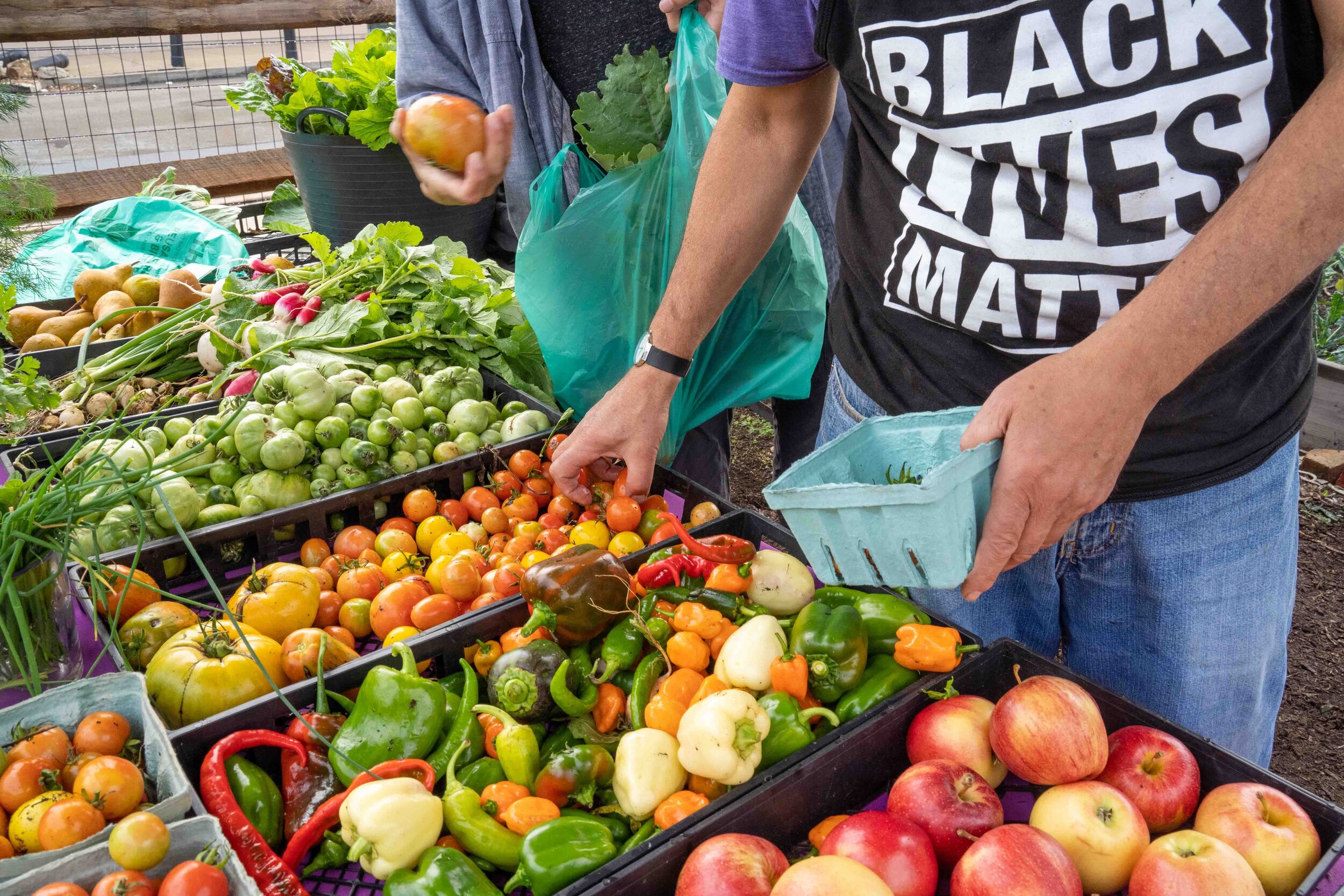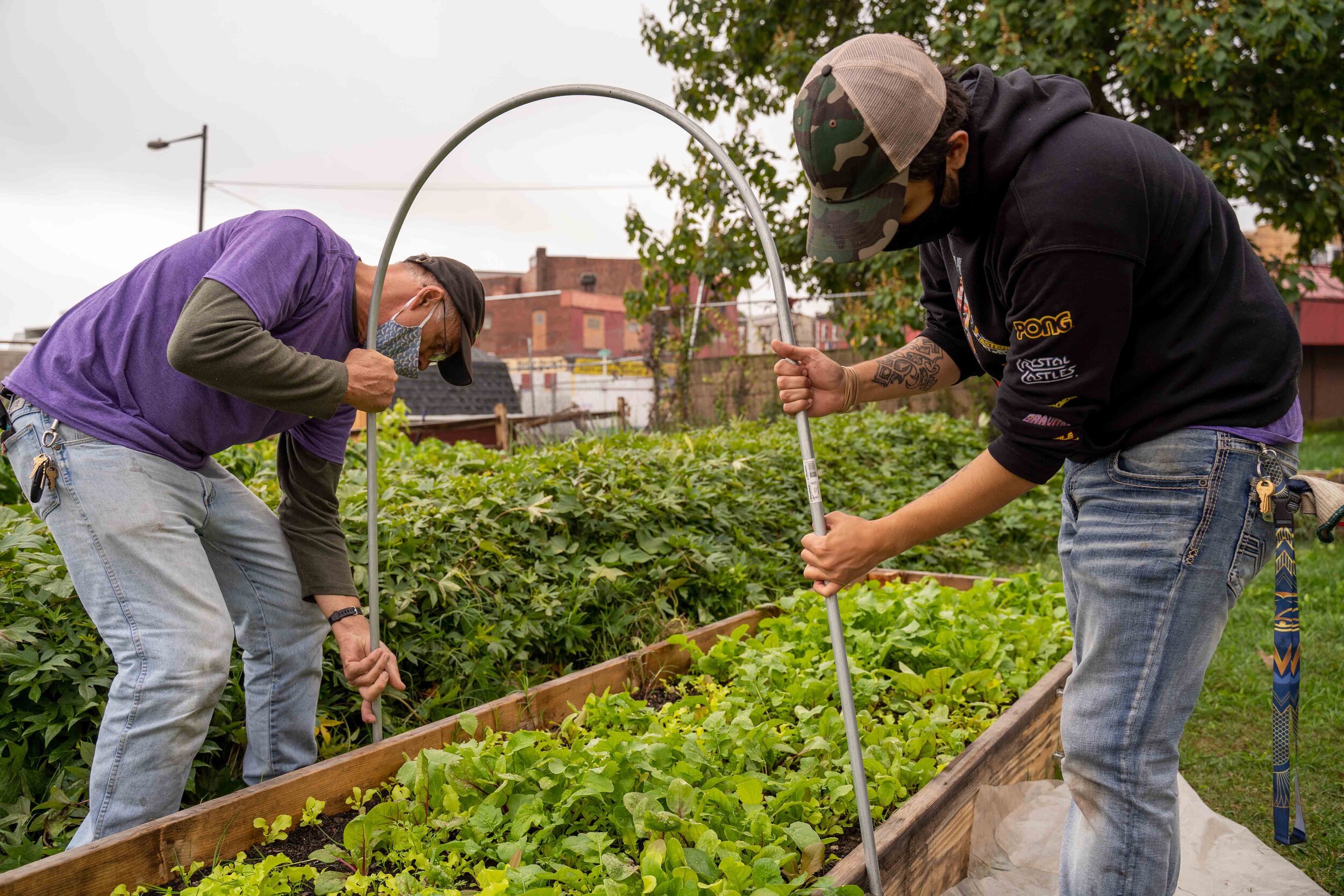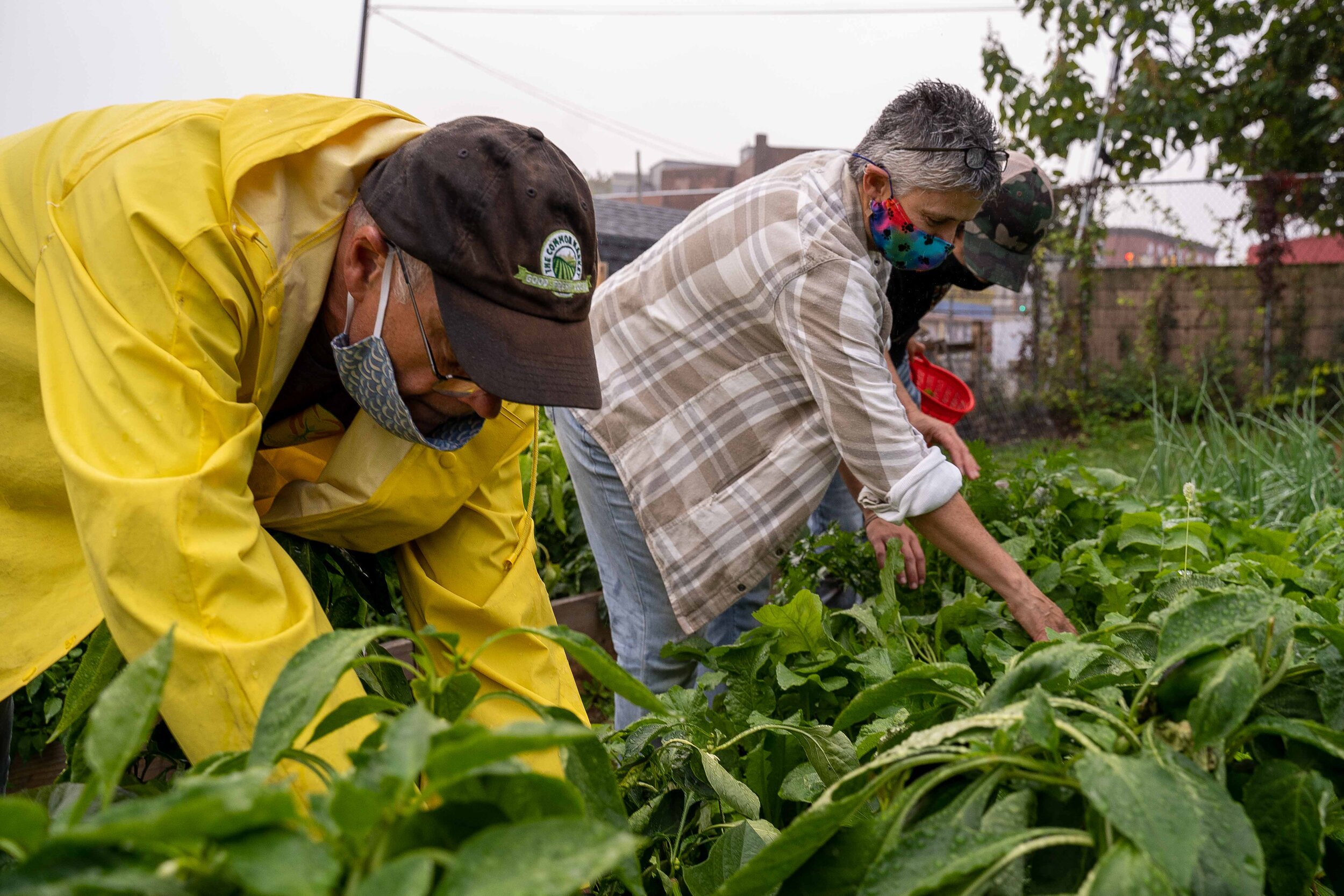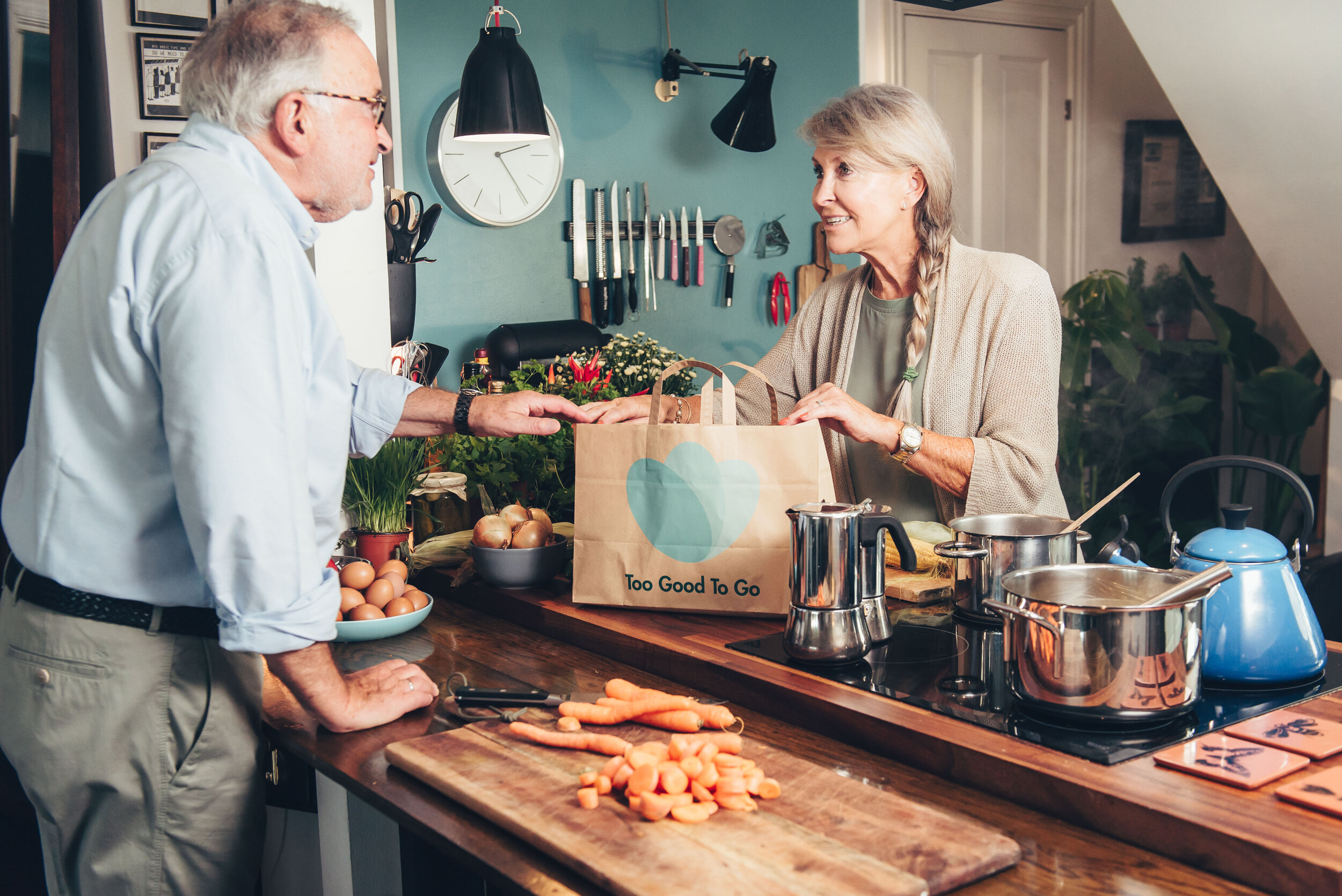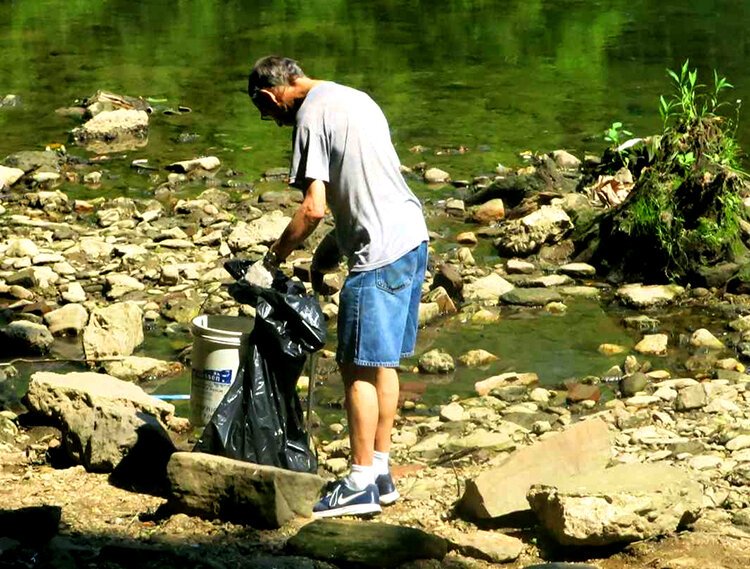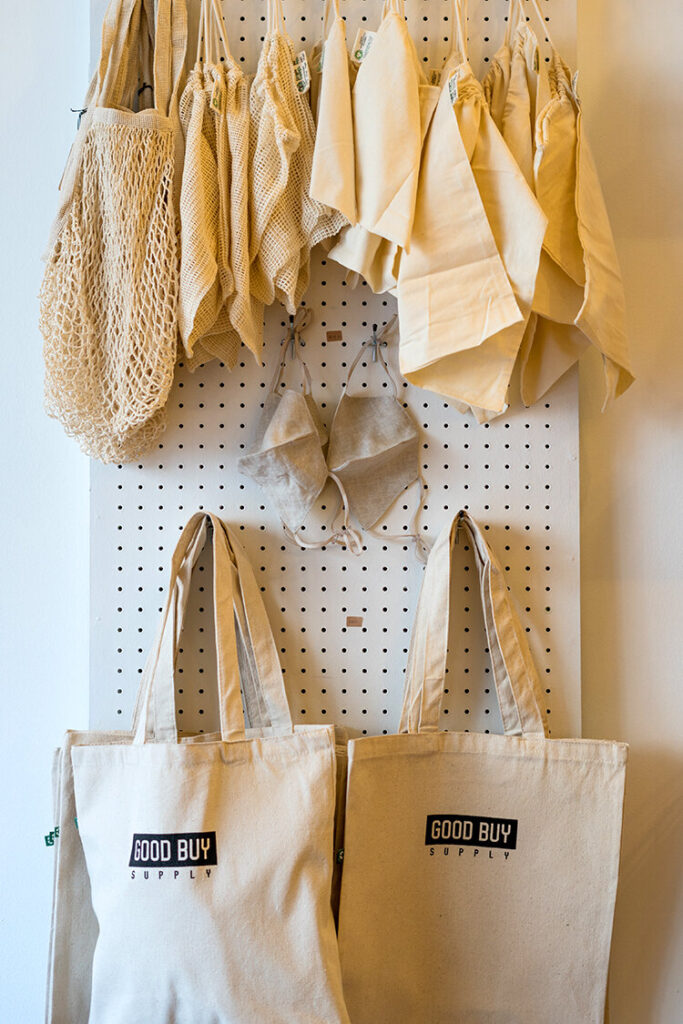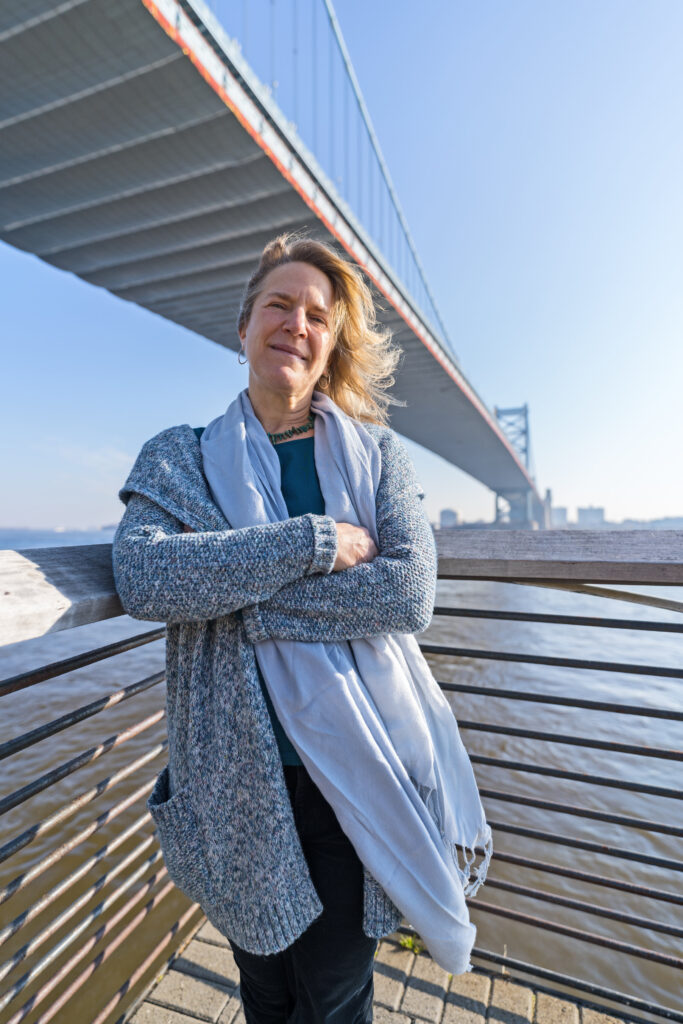Eggplant and beets are not the kinds of vegetables Tanisha Muse typically buys, but through a program offering free produce from Sanctuary Farm in North Philly, they are now part of her family’s diet.
“It’s still not my first thought to get beets at the supermarket,” says Muse, a West Philly resident. “That might never happen, but if Sanctuary Farm gives me some beets, I will eat them.”
Sanctuary Farm offers a package of three produce items per week, and it has inspired Muse to experiment in the kitchen and cook without specific recipes. The steady supply of fresh food means Muse does not exclusively rely on a grocery store—and she can save money.
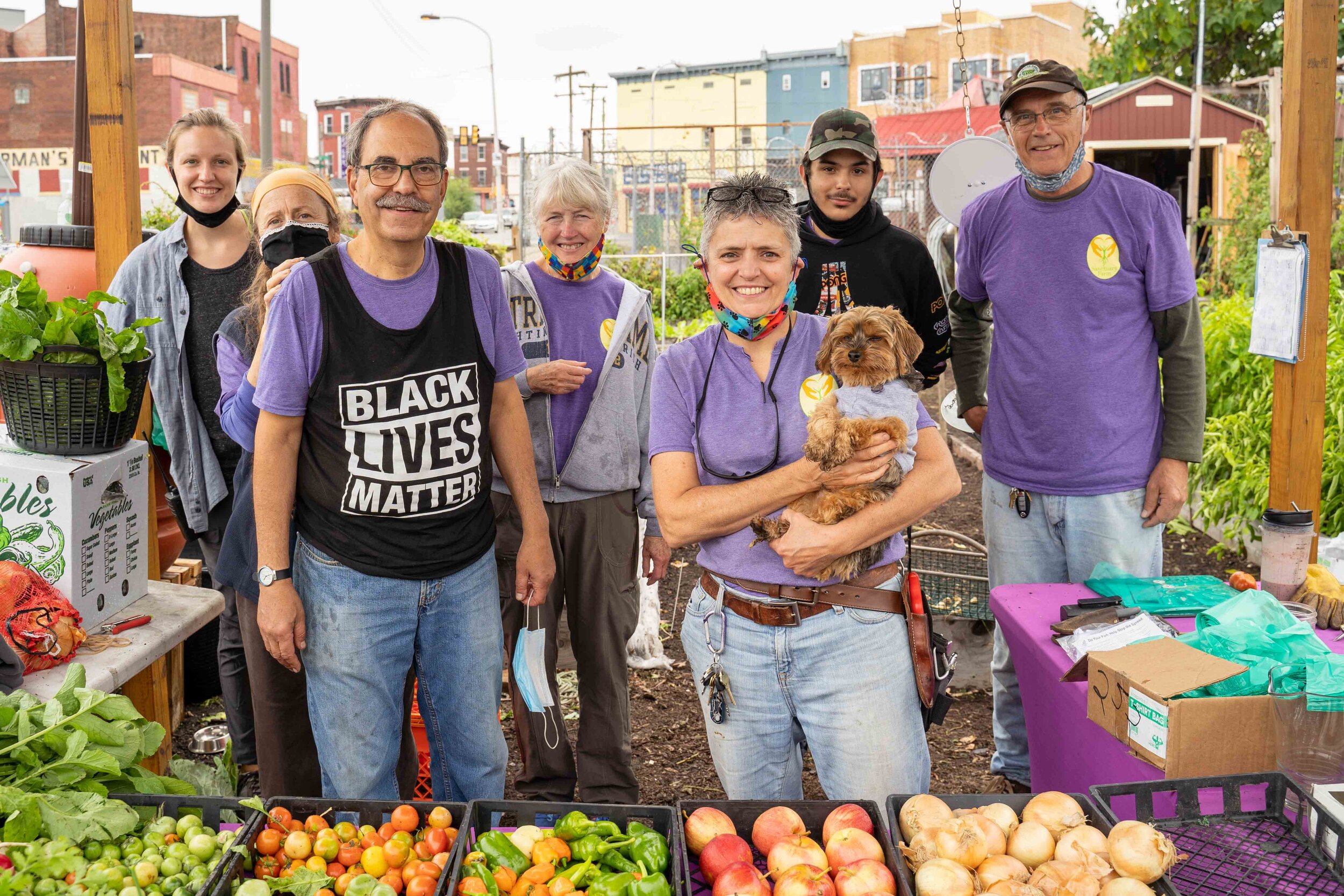
Executive Director and Founder Andrea Vettori, a nurse practitioner for 25 years, opened Sanctuary Farm in 2017. The farming operation includes three plots of land in the Cecil B. Moore neighborhood—land leased from nonprofit Project HOME. Project HOME provides housing, work training and health care for Philadelphians struggling with poverty and homelessness.
Several grants and partnerships have enabled the farm to offer outreach programs. These have included cooking demonstrations and an innovative Veggie Script program, which provided “prescriptions,” or vouchers, for free produce to individuals participating in in-person nutrition classes at the Stephen Klein Wellness Center and Mary Howard Health Center for the Homeless. These classes are designed for people with high blood pressure, hypertension and diabetes.
The Veggie Scripts program has changed shape due to COVID-19. The Stephen Klein Wellness Center is now holding virtual nutrition classes over Zoom. Participants in the classes are not given vouchers for produce. Instead, Sanctuary Farm is delivering produce directly to the center.
“We’ve been providing vegetables to nutritional classes. They give us orders every week and we provide vegetables,” Vettori says.
During the pandemic Vettori has noticed a dramatic increase in how many people come to the farmstand. Last year, about 25 to 50 neighborhood residents picked up produce per week. That number has swelled to 125. Last year Sanctuary Farm had charged for food at a reduced price (about a dollar per bundle), but due to economic hardship during the pandemic, Vettori and staff decided to offer all produce free of charge. They also offer free delivery to those with health conditions.
“It’s beautiful to grow your own food. It makes you so proud to grow something and feed it to your family.”
— Tanisha Muse, Sanctuary Farm volunteer
“You can just sign up or come and get food. During COVID-19, so many people have lost their jobs. Now everyone needs food,” Muse explains.
Vettori agrees.
“Demand has increased significantly since COVID-19. Word has certainly spread,” she says.
The farmstand is open on Tuesdays and Thursdays from 10 a.m. to 12 p.m., or until produce runs out.
Due to the pandemic, the farm has adapted programming to prioritize social distancing. It has worked with Stephen Klein Wellness Center to transition to offering virtual nutrition classes. Each week, the center contacts the farm with produce orders for each class participant, which the farm delivers.
Both Veggie Scripts and free produce access focus on providing vegetables to underserved neighborhoods. Vettori points out that traditional understandings of food deserts do not accurately capture the challenges many go through to buy nutritious food.
“…[M]ost people think of food deserts as being geographically distant from a supermarket. There may be a supermarket nearby, but [people] can’t drive to it or they can only buy what they can carry back on the bus,” Vettori says.
Produce can also spoil quickly, making non-perishable items a more cost-effective choice.
Though cooking demonstrations have halted, farm staff always share recipe ideas with the community. The American Heart Association is also in the process of creating recipe cards for the farm to be distributed at the farmstand. Experimentation and open conversations about recipes have helped boost the popularity of beets, swiss chard and eggplant.
COVID-19 safety precautions have also reduced the size of volunteer groups, though Vettori sees these restrictions as a way to refocus on bringing in locals.
“We’re not accepting big groups of people, which is nice because [those] groups tend to come from suburban communities. We’re really trying to encourage folks in the community,” Vettori says.
Many dedicated volunteers live close to the farm and provide help with planting, weeding and general maintenance on a regular basis.
Muse has been volunteering at the farm for two years. Though she always “had an affinity for land and farming,” she considers her son’s time at Walter B. Saul High School her first “action step” toward becoming involved with urban agriculture.
Muse generally assists with planting and harvesting, which are her favorite tasks.
“The first thing I remember putting the seed in the ground, harvesting, taking home and feeding my family was cabbage. It’s beautiful to grow your own food. It makes you so proud to grow something and feed it to your family,” Muse says.
In addition to neighborhood volunteers, Sanctuary Farm workers are made up of farm attendant employees and volunteer staff. John Greene, the lead farm attendant, first began working at the farm through Project HOME’s six-month internship employment services program in 2019. Greene immediately took to his placement, where he learned about farming and helped with maintenance and construction.
“It was a good fit for me and a very therapeutic experience,” Greene says. “I’ve been very grateful to the coworkers and volunteers around me for being my friends and bringing more normalcy in my life.”
Greene now works full time at the farm and oversees its activities. He lives at Project HOME’s St. Elizabeth’s Recovery Residence, which is very close to the farm plot on North Croskey Street.
“Before I started working with Andrea, I was pretty new to Project HOME and very homeless. I was very raw,” Greene says. Working at Sanctuary Farm allowed Greene to find a supportive community he could rely on.
The importance of establishing neighborhood connections within Cecil B. Moore, which has been gentrified in recent years due to an influx of Temple University students, has been on Vettori’s mind.
After the nationwide protests following the death of George Floyd at the hands of Minneapolis police officers, the farm has been holding antiracism meetings to discuss white privilege. The farm is also in the process of creating an advisory board with members of the community, who will decide how the farm functions in the future.
“The goal is to give the power back to the community to make decisions about what we do,” Vettori says. “My long-term vision would be to form more of a cooperative farm where people in the neighborhood could own what’s happening.”


